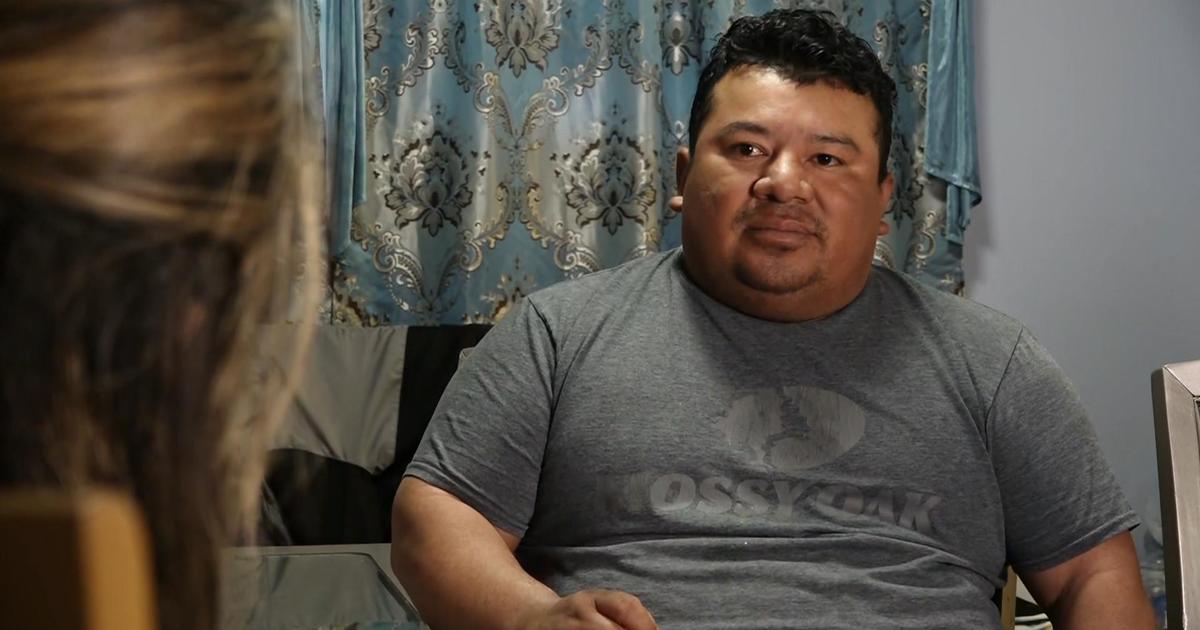Construction worker on victims of bridge collapse
Moisés Díaz was scheduled to fill potholes on the Francis Scott Key Bridge early Tuesday morning, but a last-minute shift change may have saved his life.
"Every day we give thanks to God for life," Díaz told CBS News.
But while he's thankful, Díaz is grieving the loss of the six fellow construction workers — men he calls brothers — who died when the bridge collapsed.
"I saw my friends as family members," he said. "The ones that died in this tragedy."
Díaz met with one of the surviving workers and his family on Wednesday. He said the crew had finished filling potholes and were sitting in their cars waiting for the concrete to dry so the lane could be reopened when the Dali, a massive cargo ship, struck one of the Key Bridge's support columns.
Julio Cervantes, one of the two workers who survived the collapse, managed to crawl out the window of his sinking truck, Díaz told CBS News.
"He thought, 'I'm going to die here,'" Díaz said. "And even though he can't swim, he survived."
Díaz says Cervantes' chest was crushed during the escape, but that he was stable as of Thursday. The trauma of the collapse remains, according to Díaz, who said his friend can't stop replaying the tragedy in his head.
In the hours after the collapse, thermal imaging technology was used to look for victims.
"That was our main focus that night around 4 a.m. was using that thermal imaging just to try to locate anybody," said Jordan Olszewski, of the Baltimore County Police Department.
On Wednesday, Maryland State Police pulled the bodies of Alejandro Hernández Fuentes and Dorlian Castillo Cabrera out of the Patapsco River. Divers have been unable to reach the four people still missing due to dangerous debris from the bridge.
One of the victims still in the river is Maynor Yassir Suazo Sandoval. His brother told CBS News he wishes he could have stopped him from going to work that morning.
CBS News reporter covering homeland security and justice.
